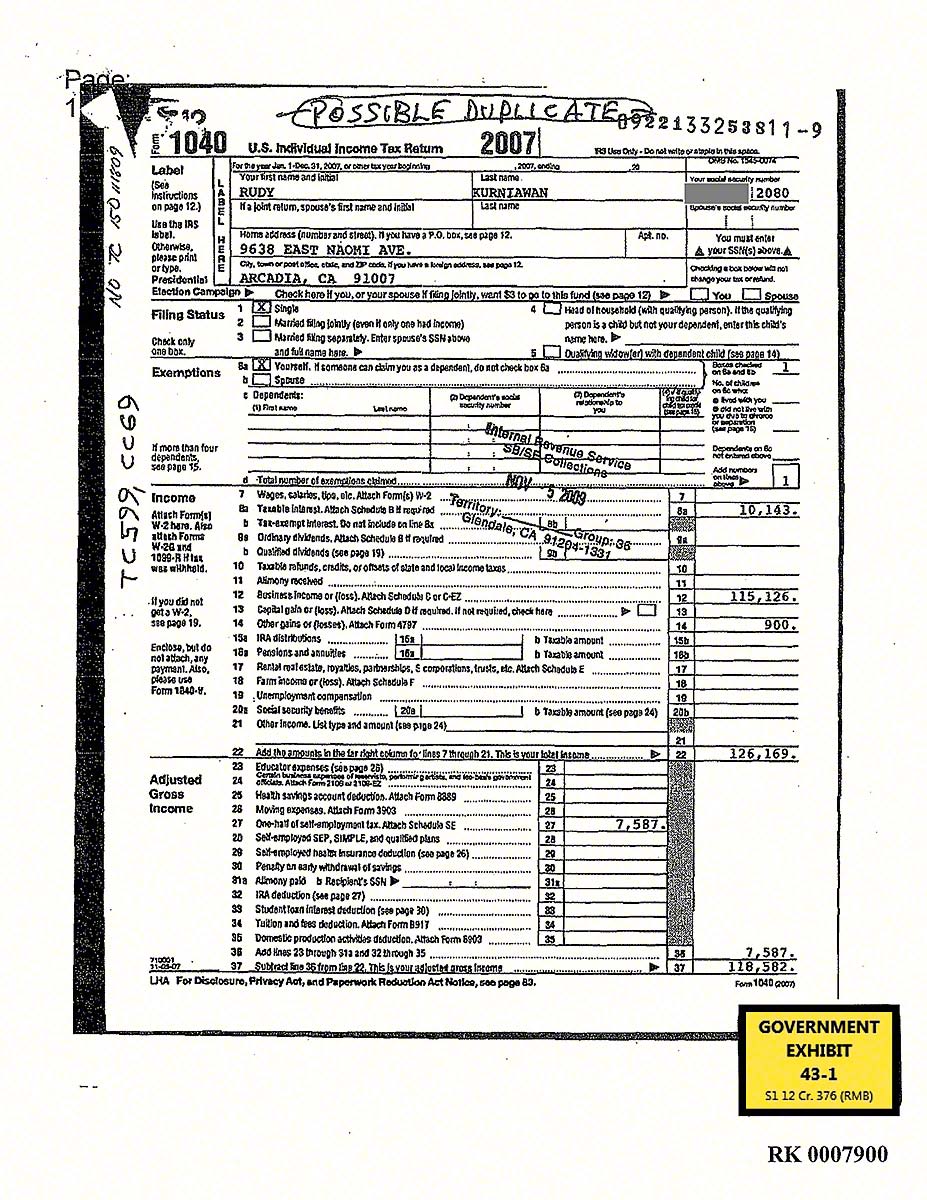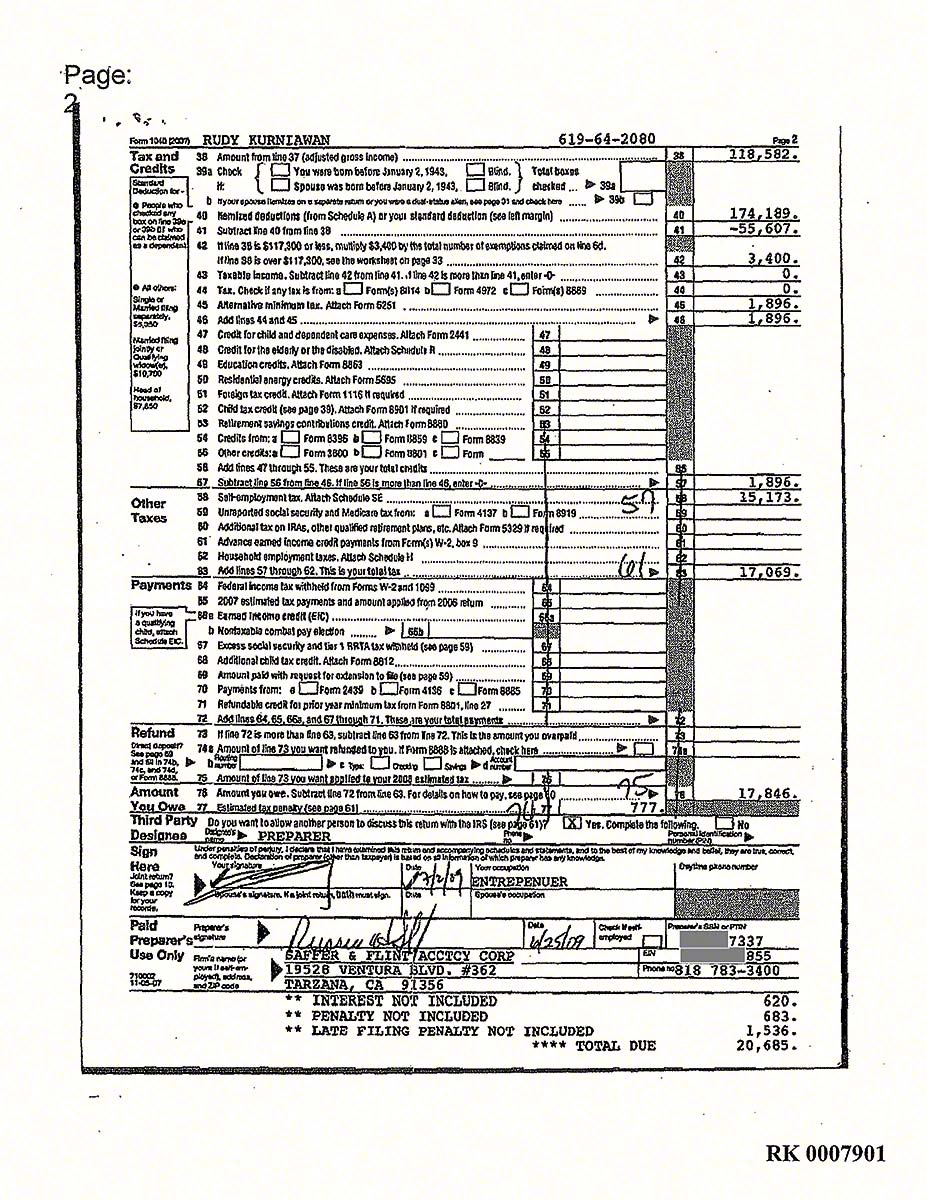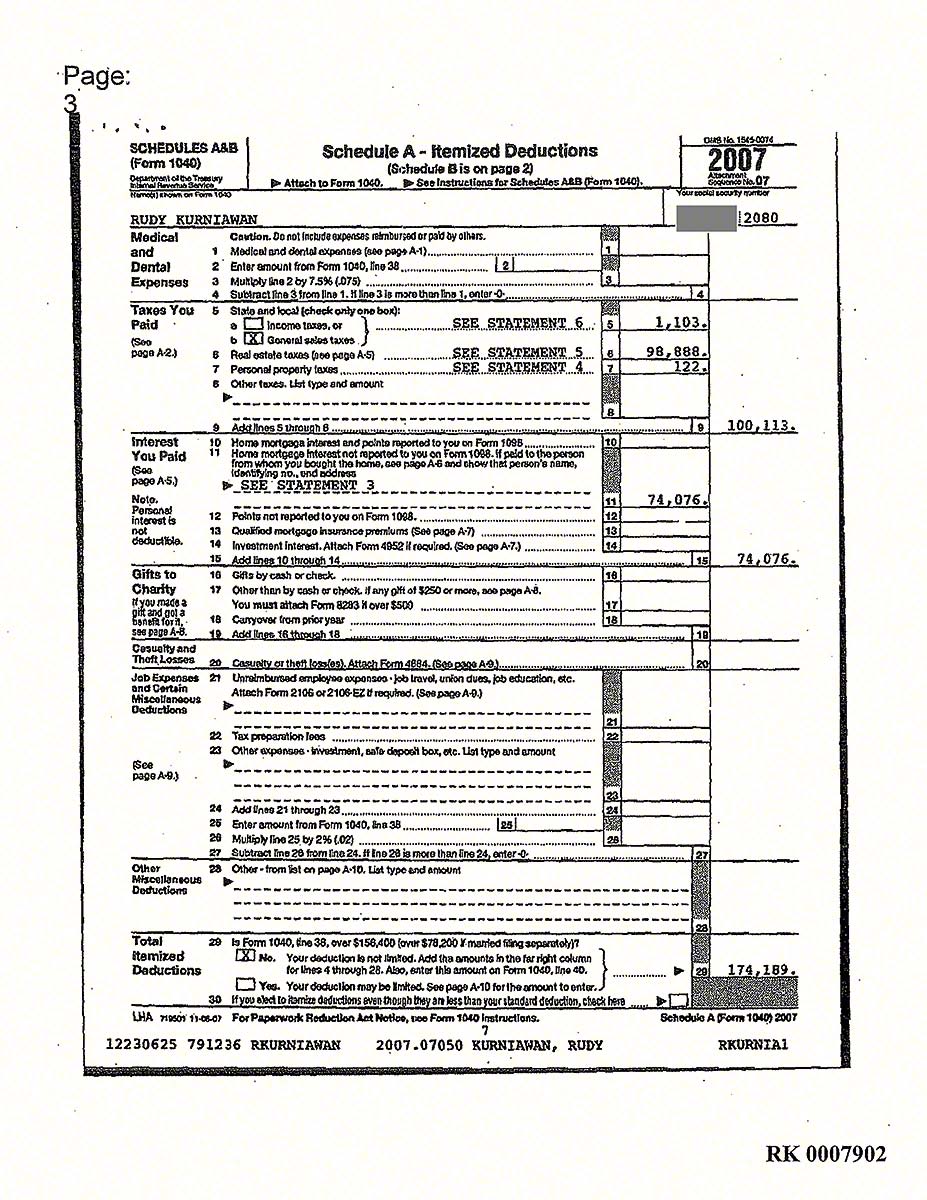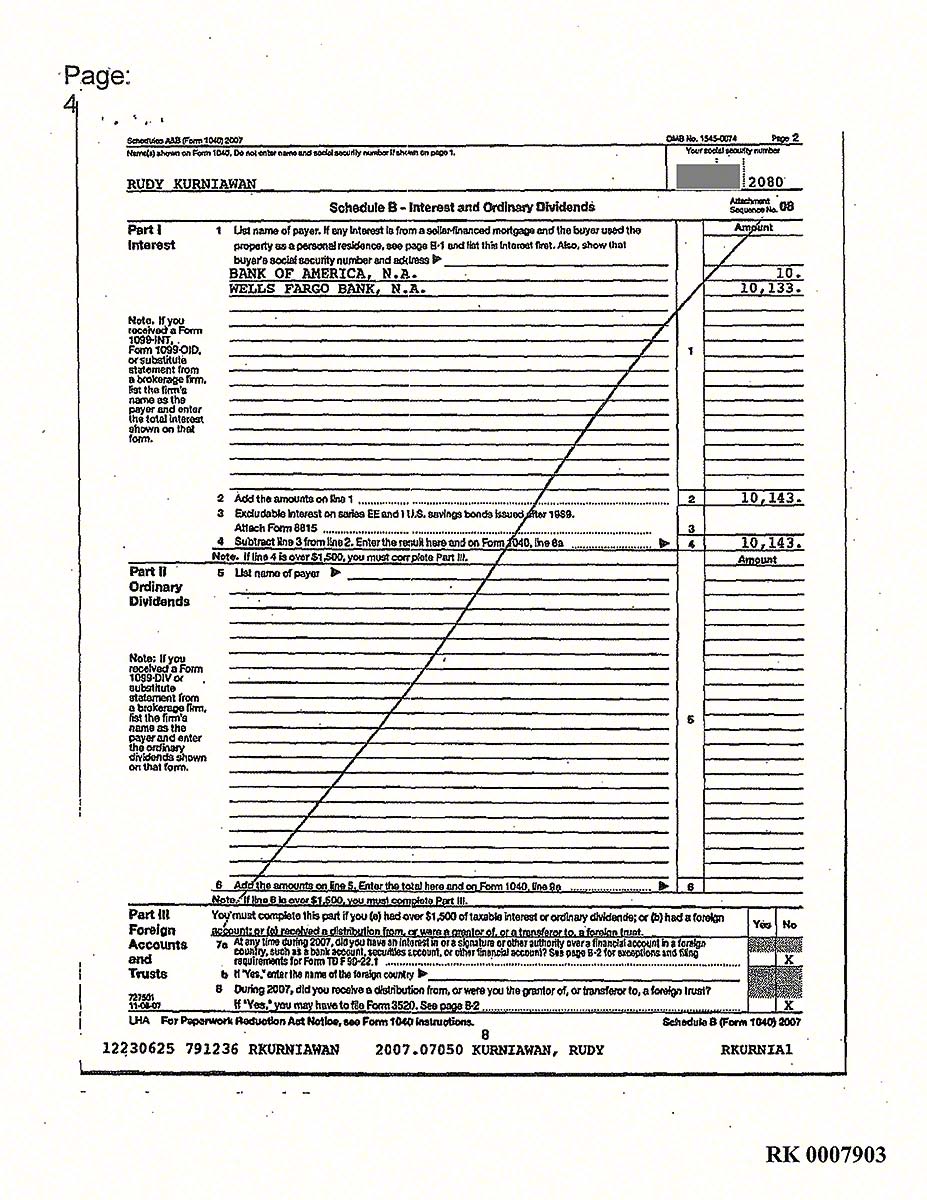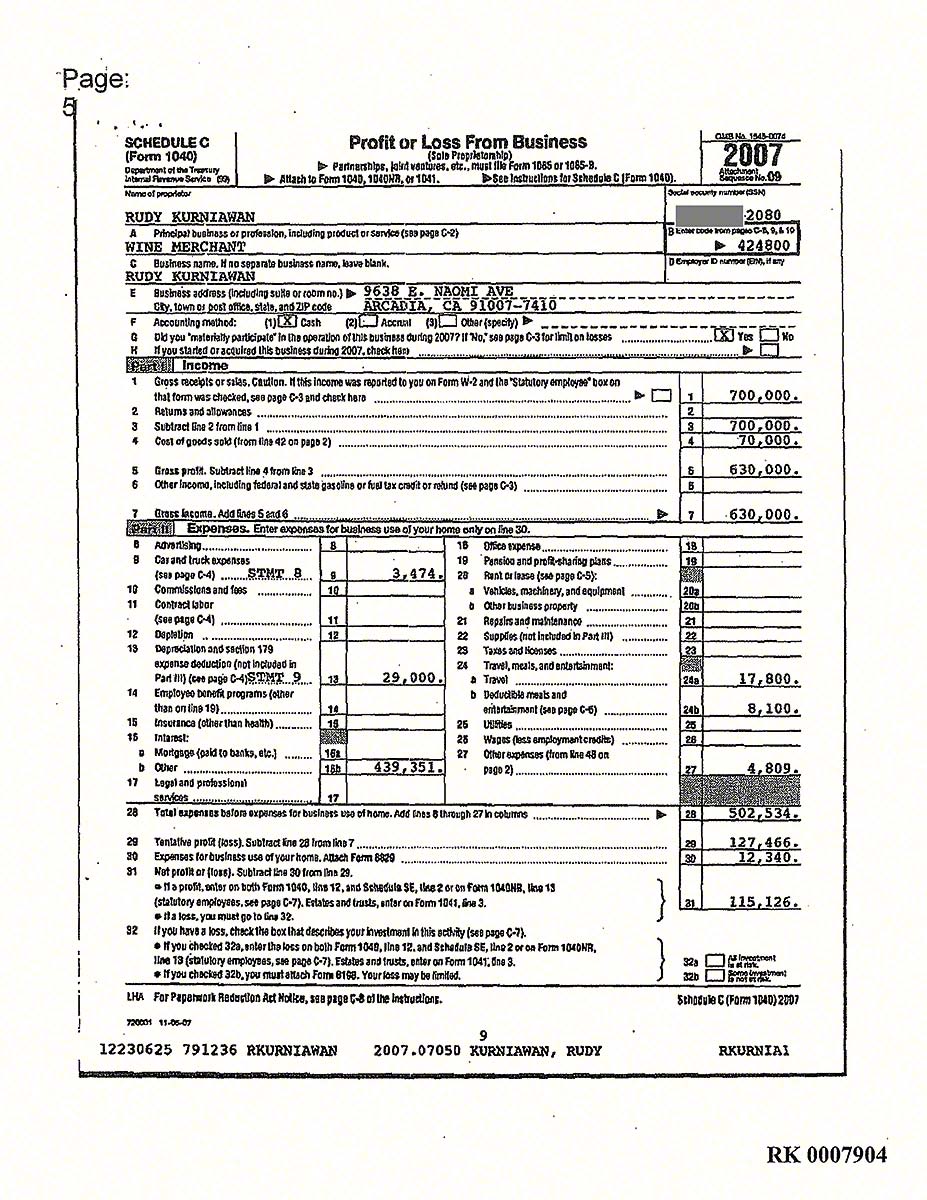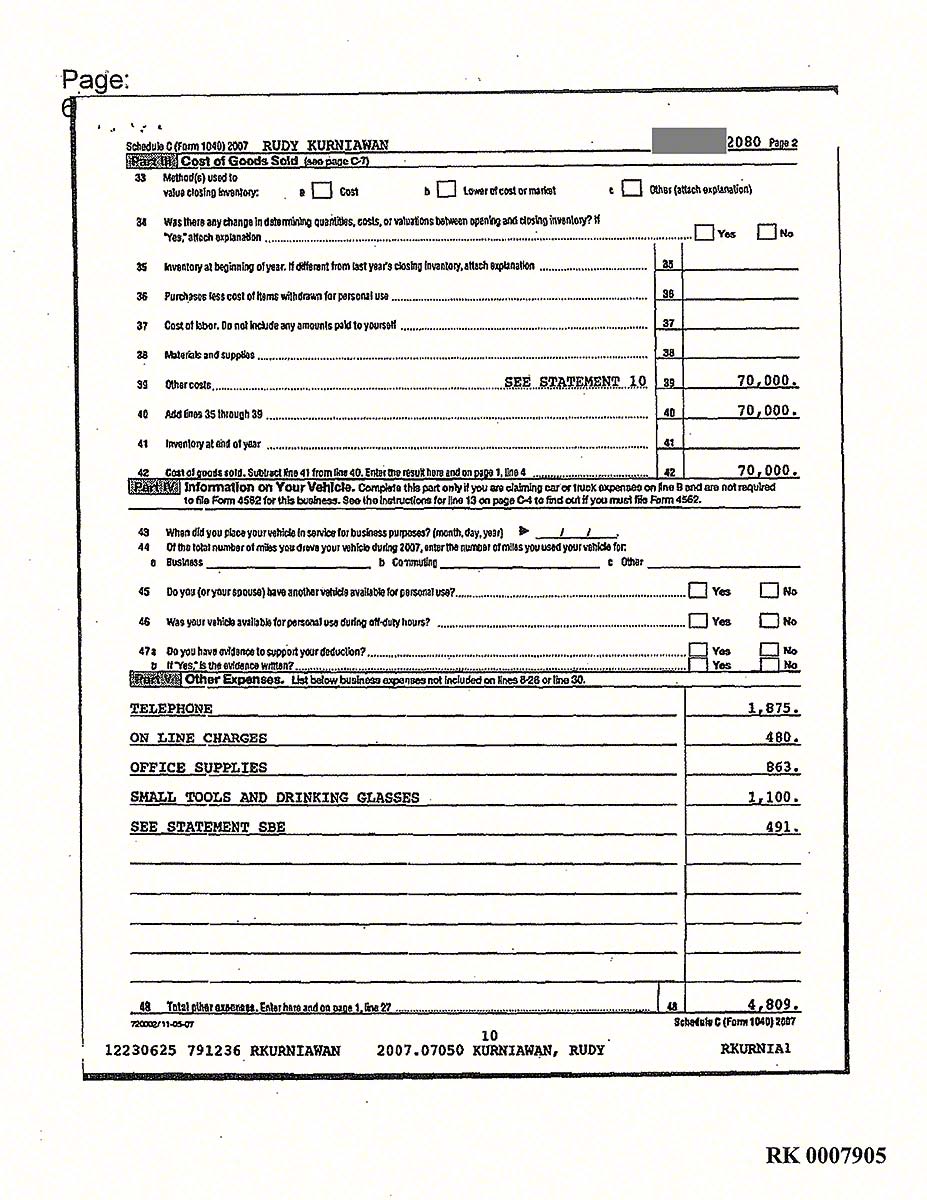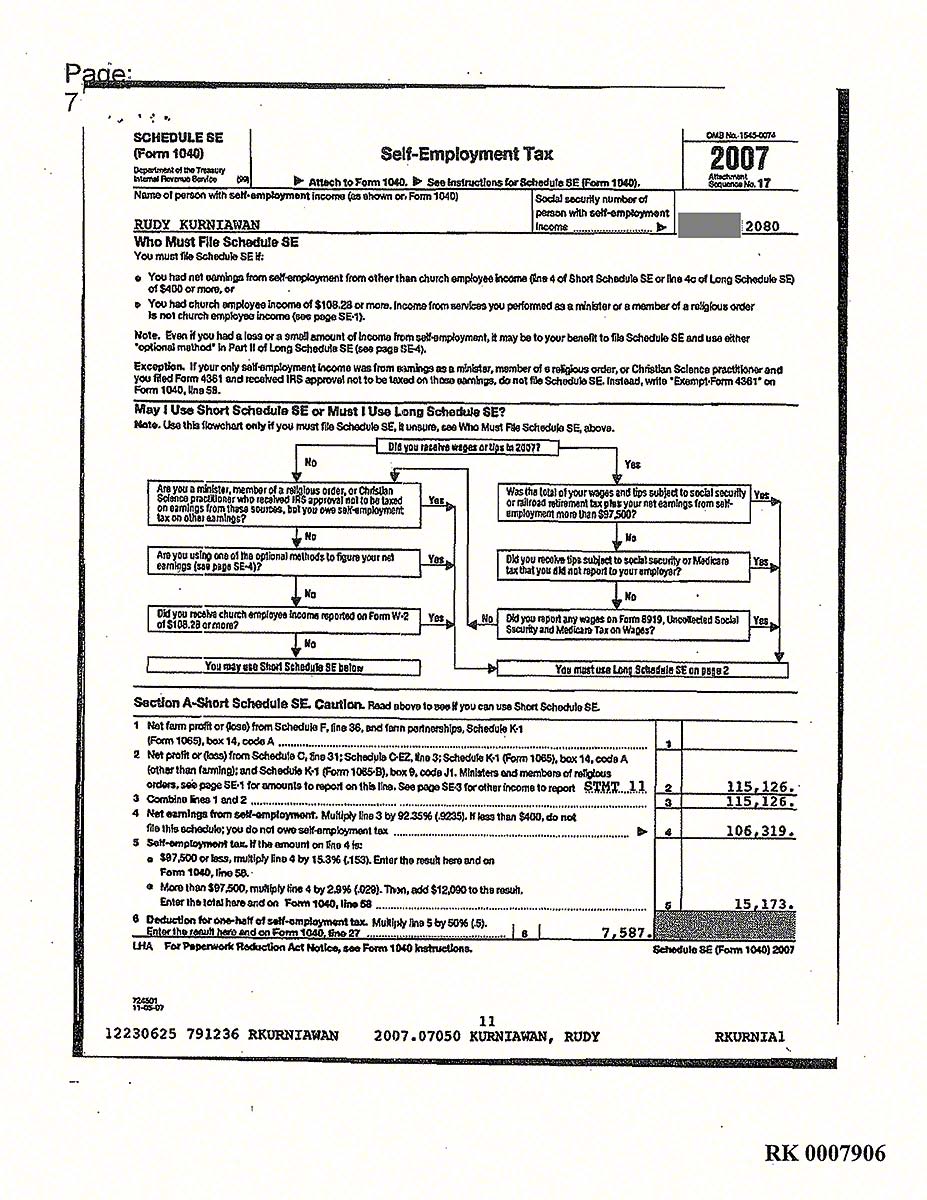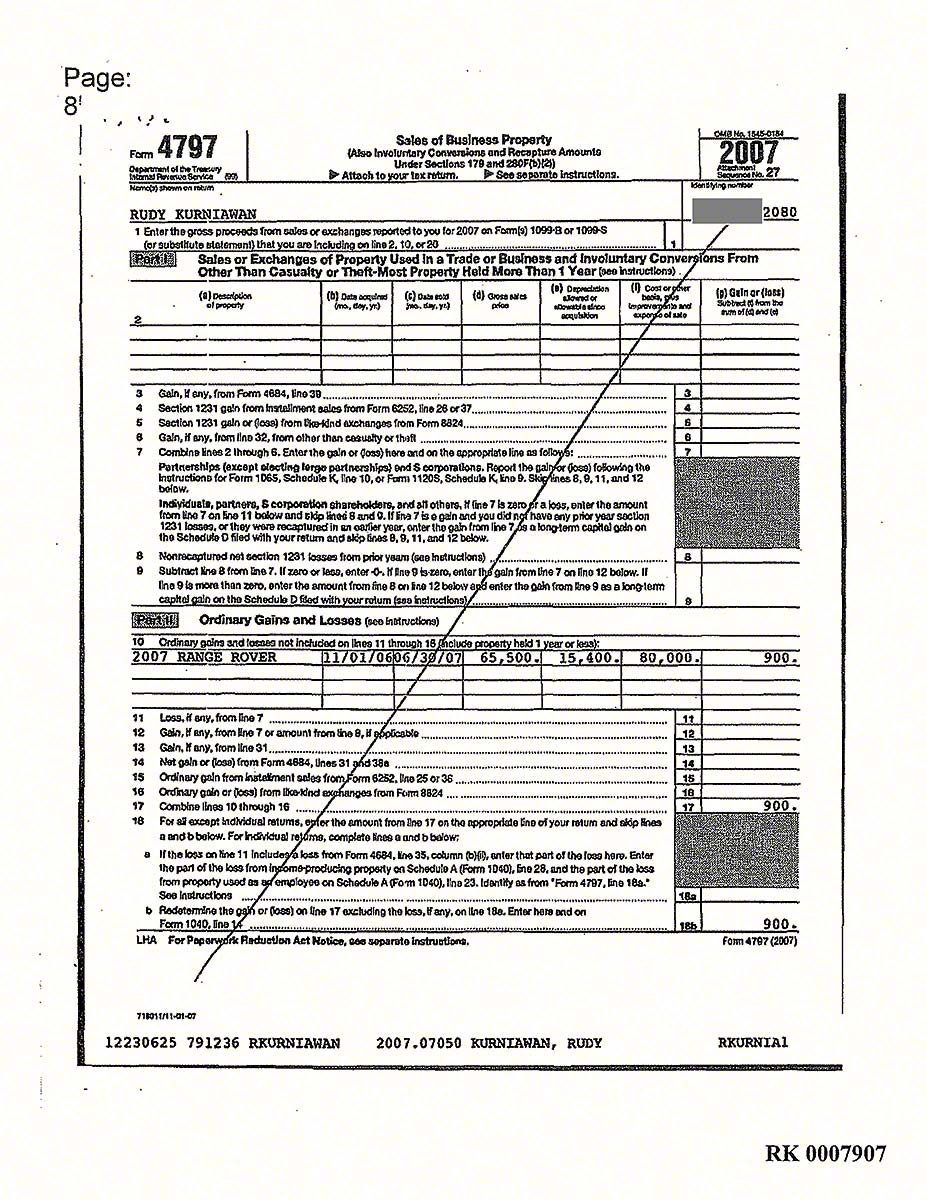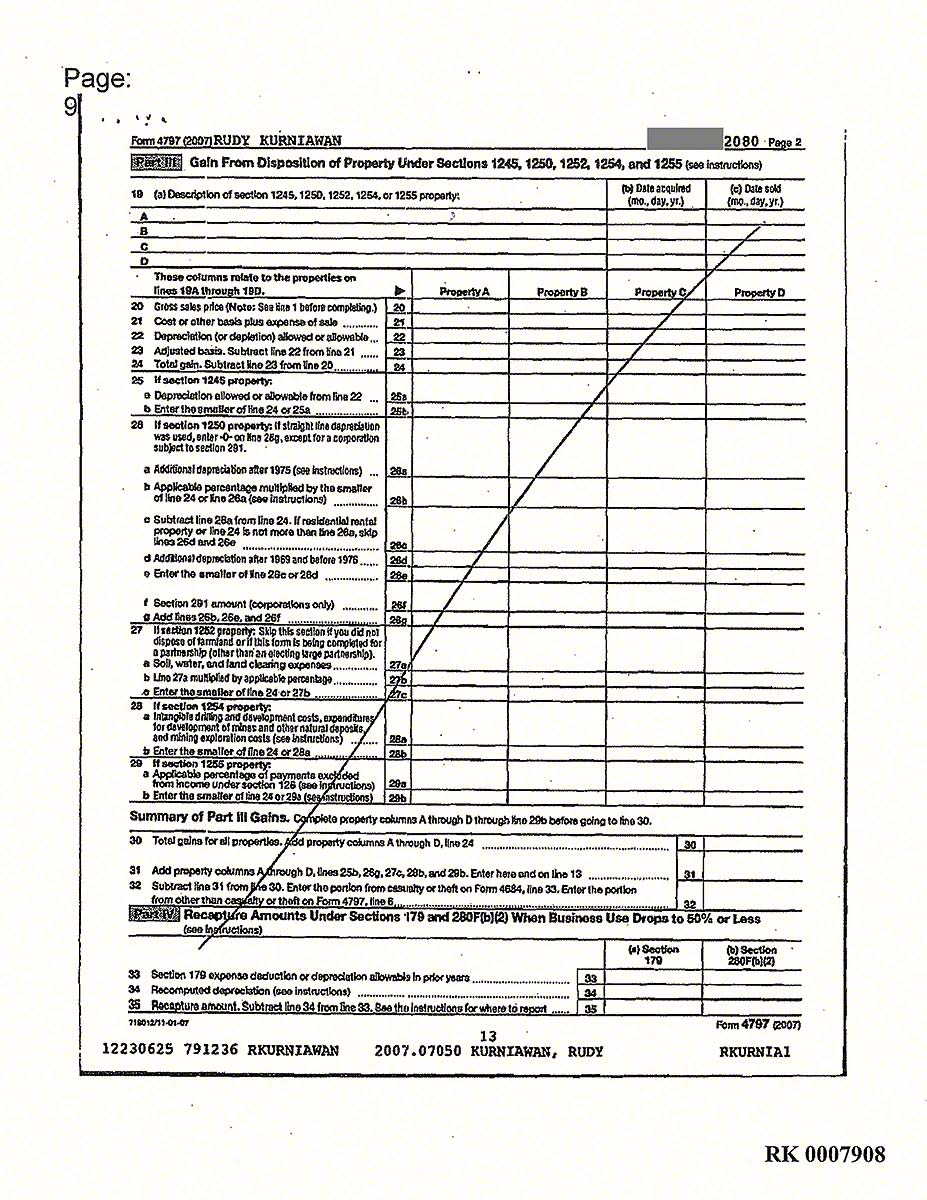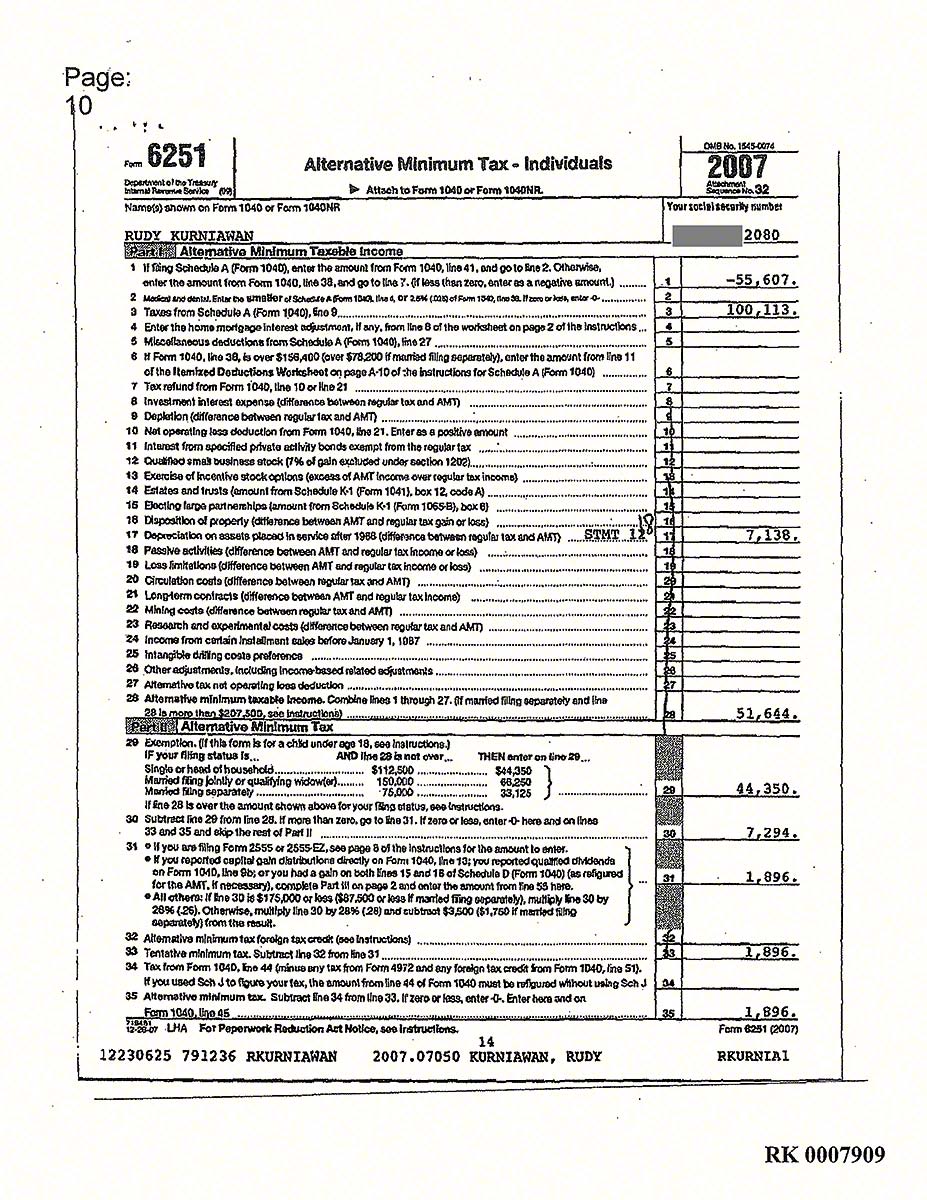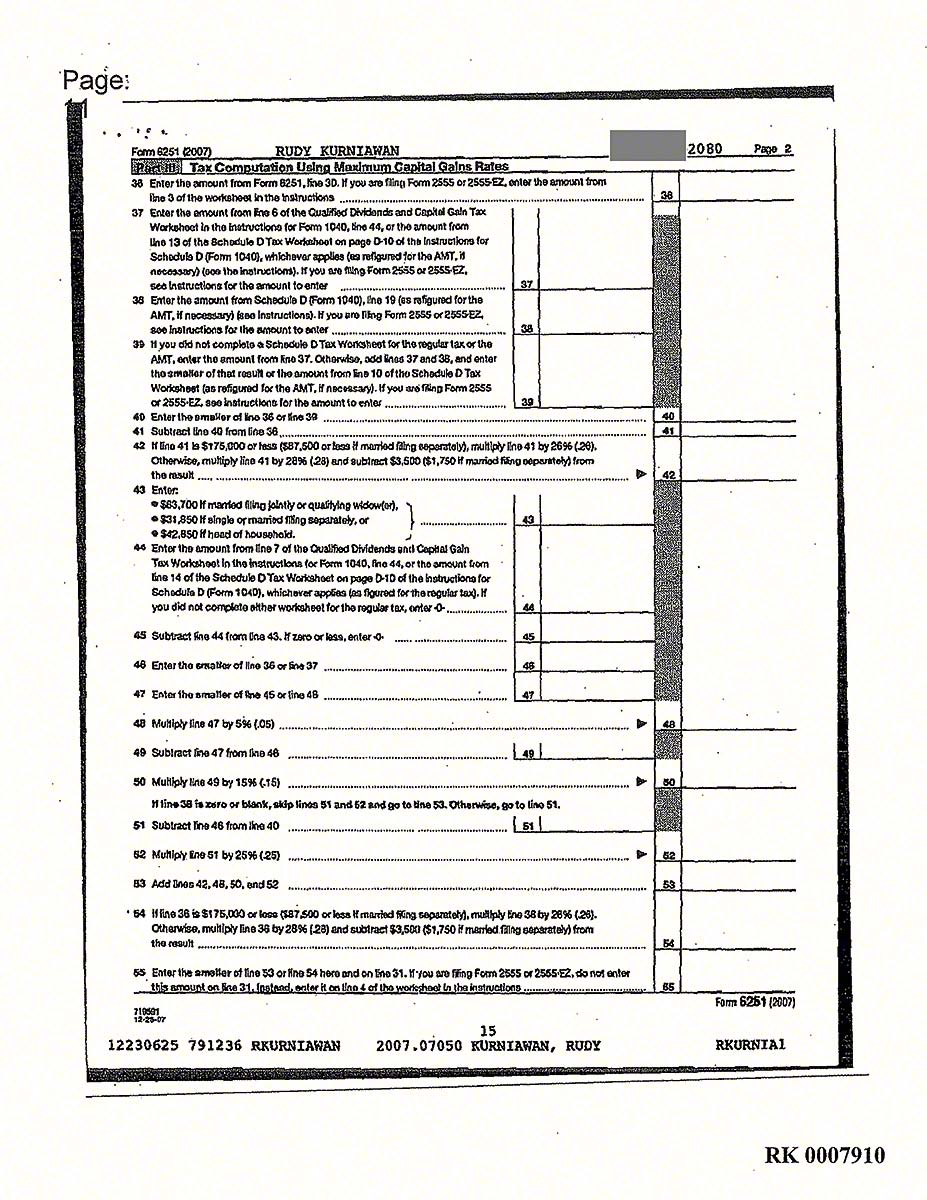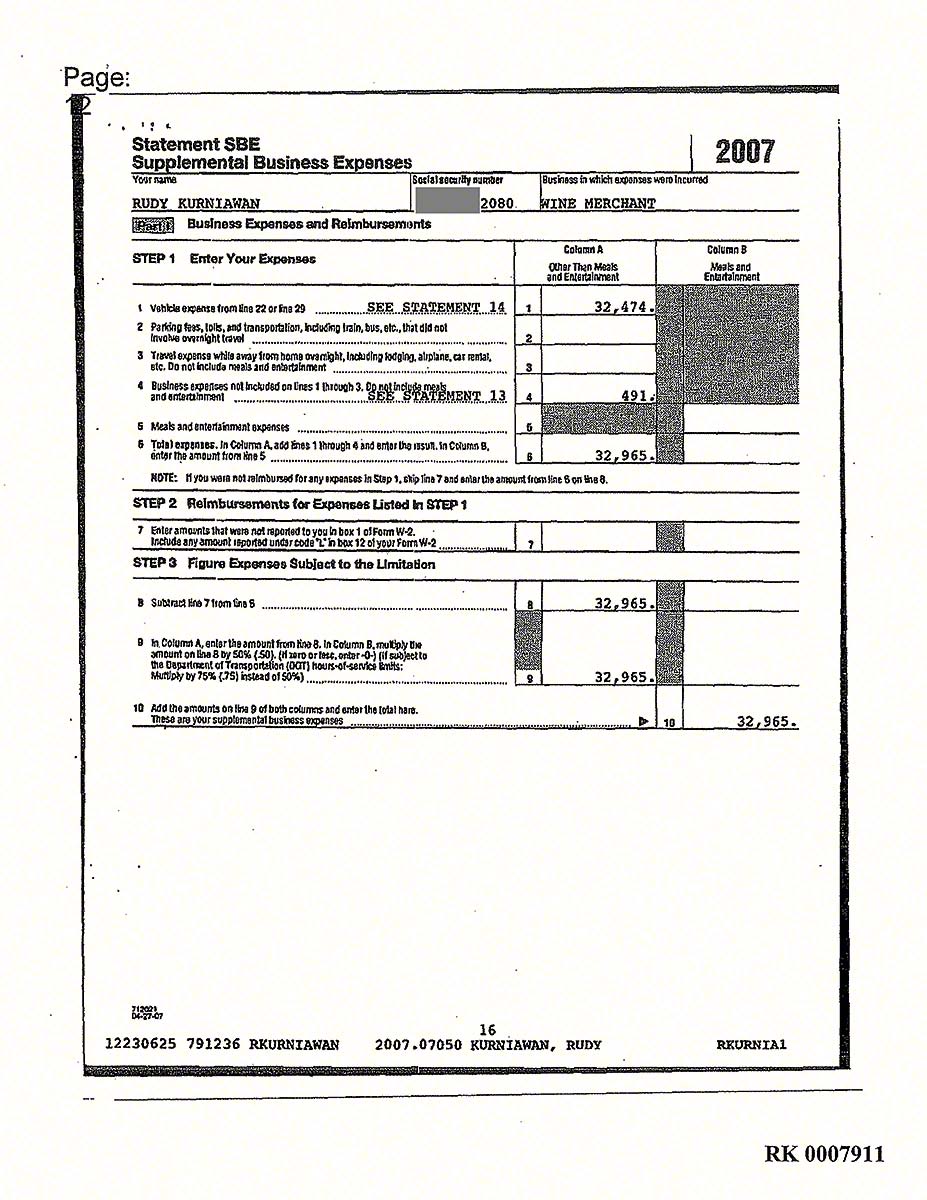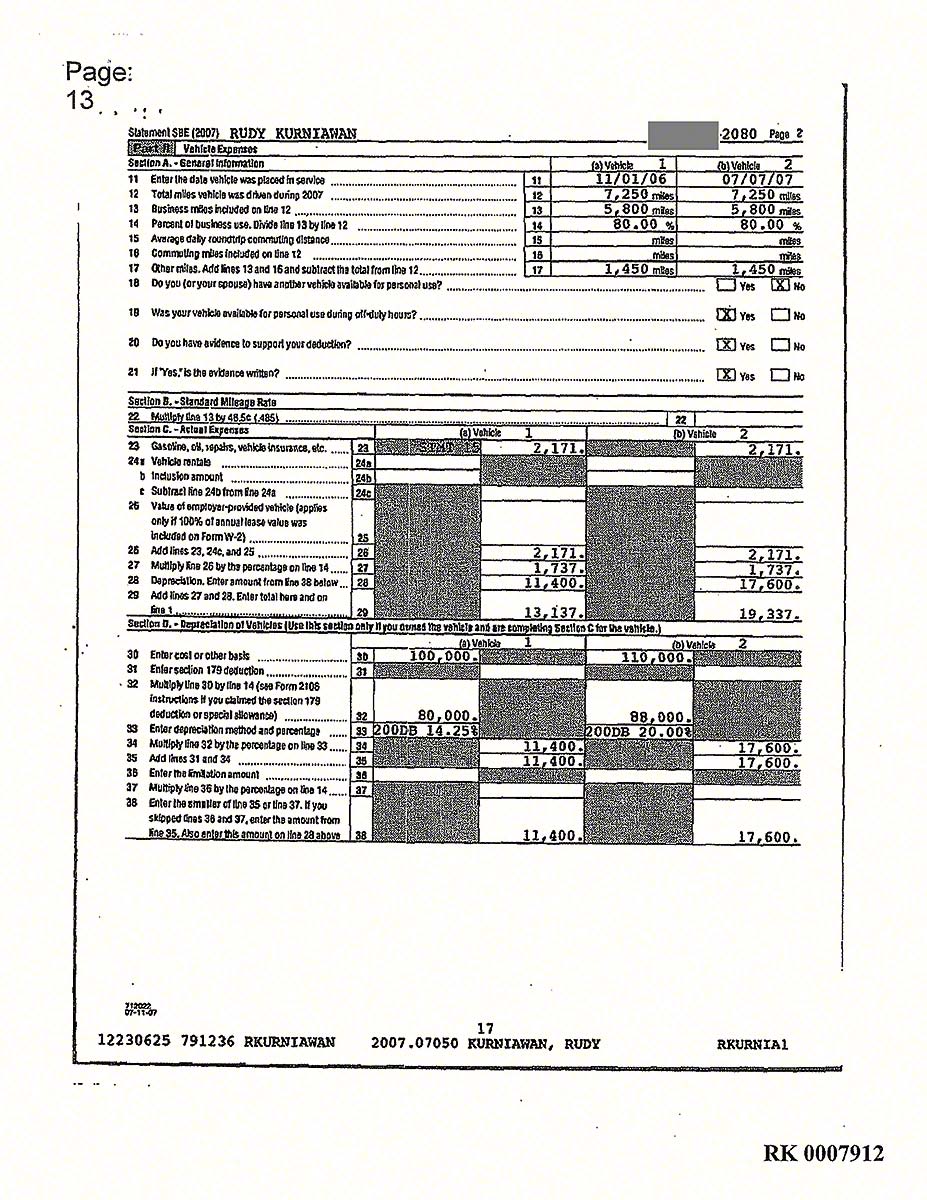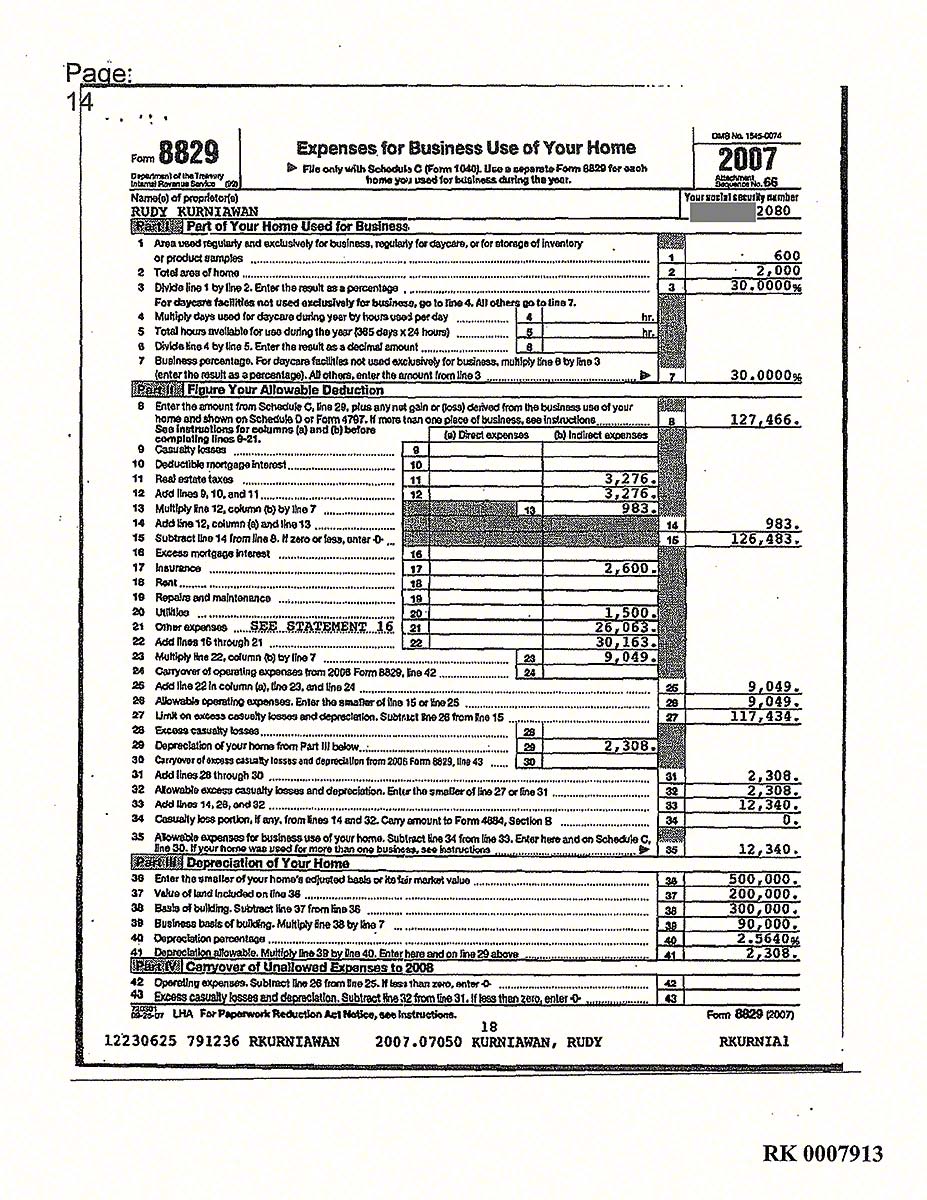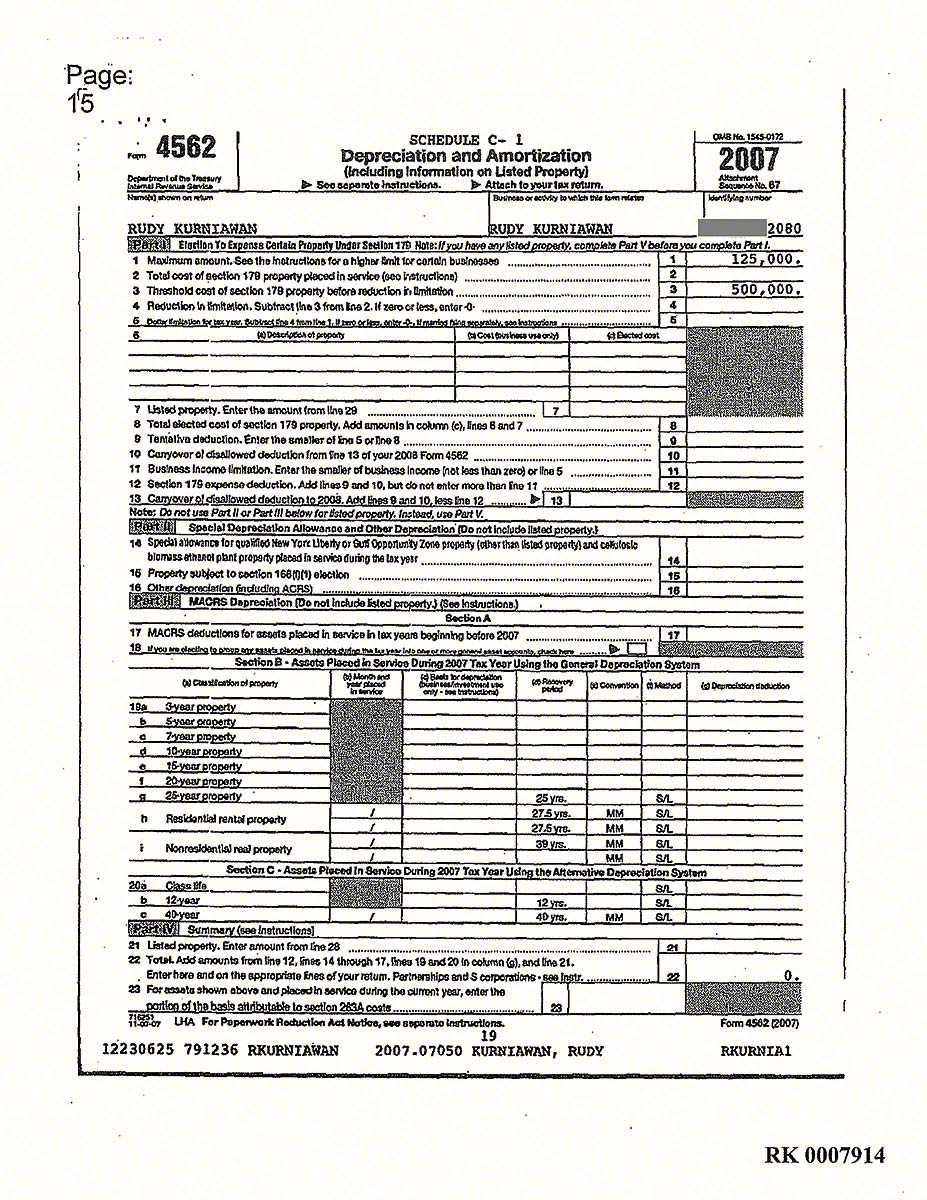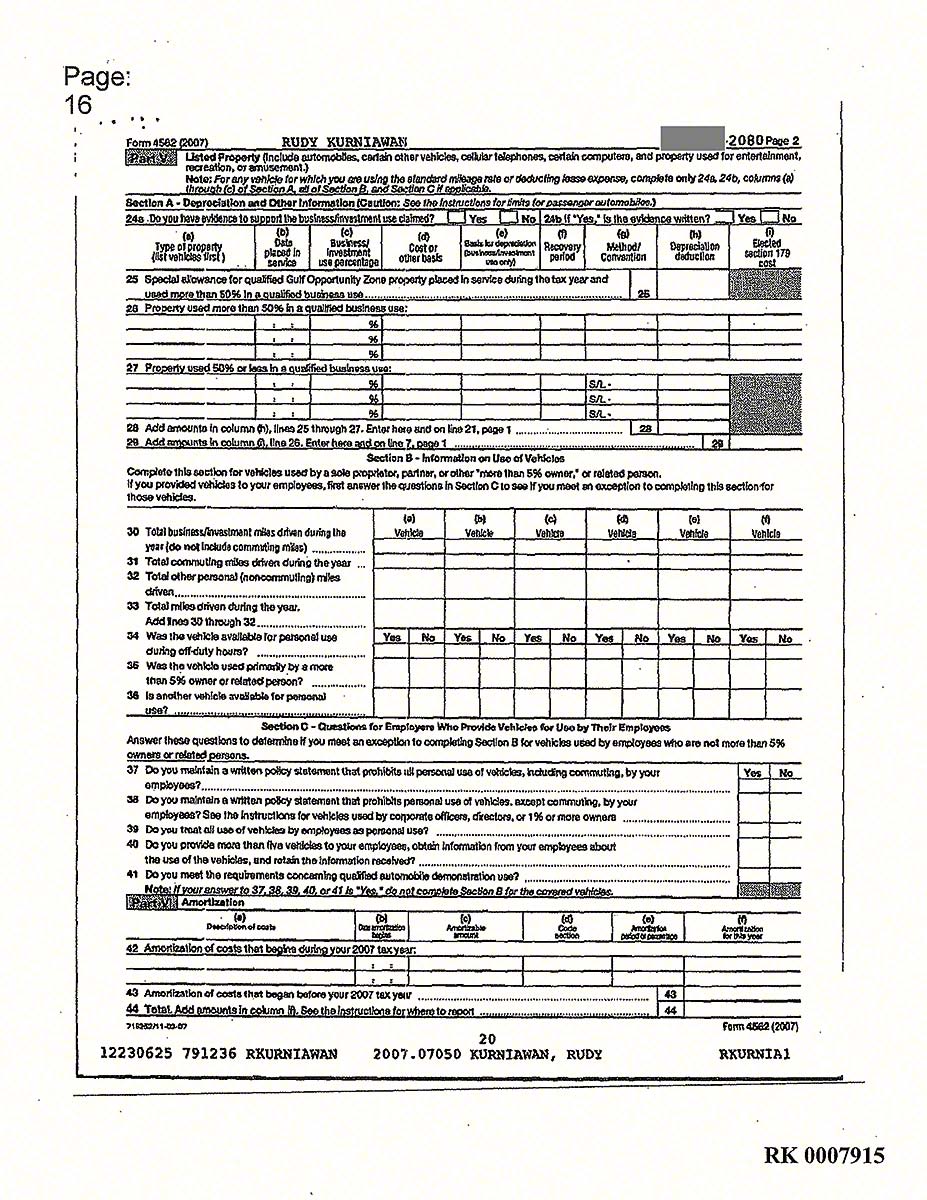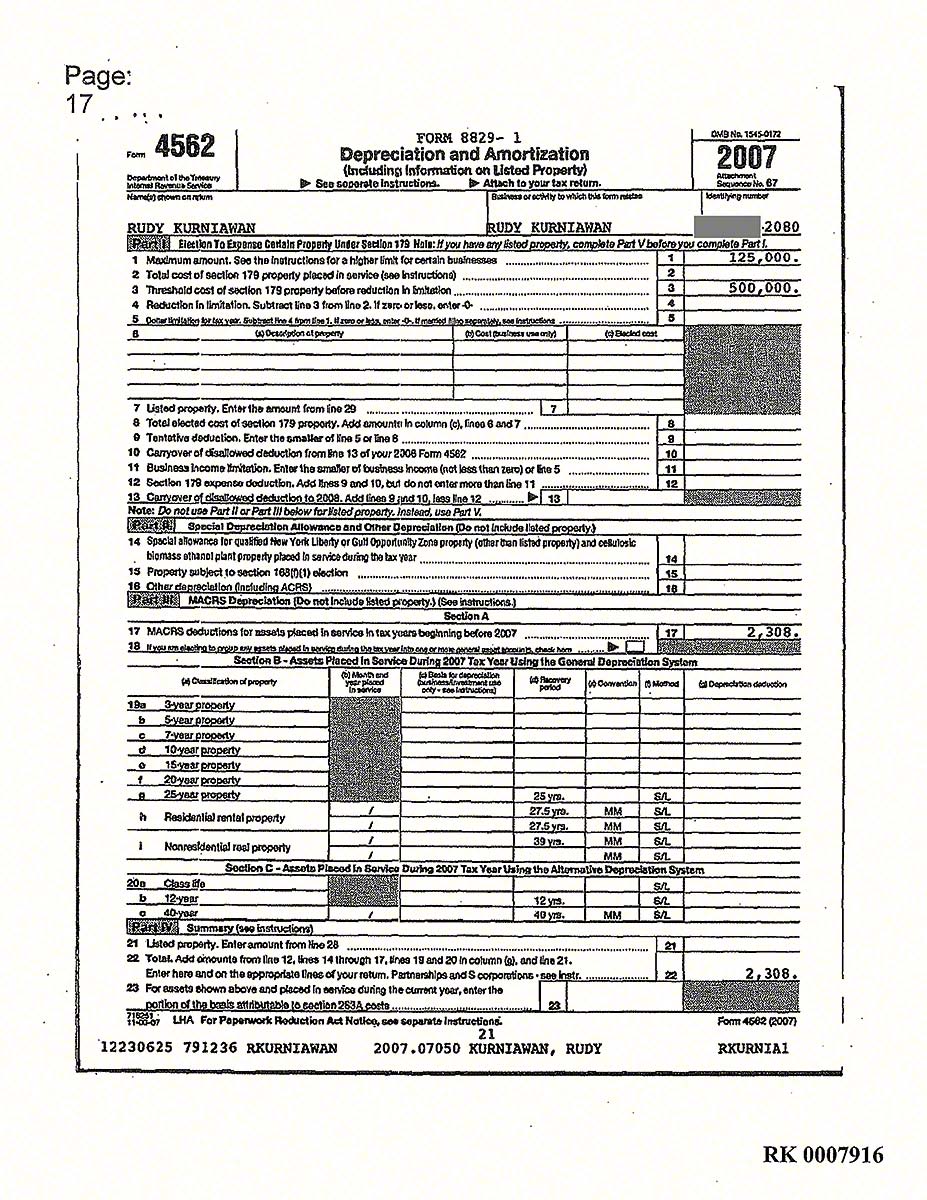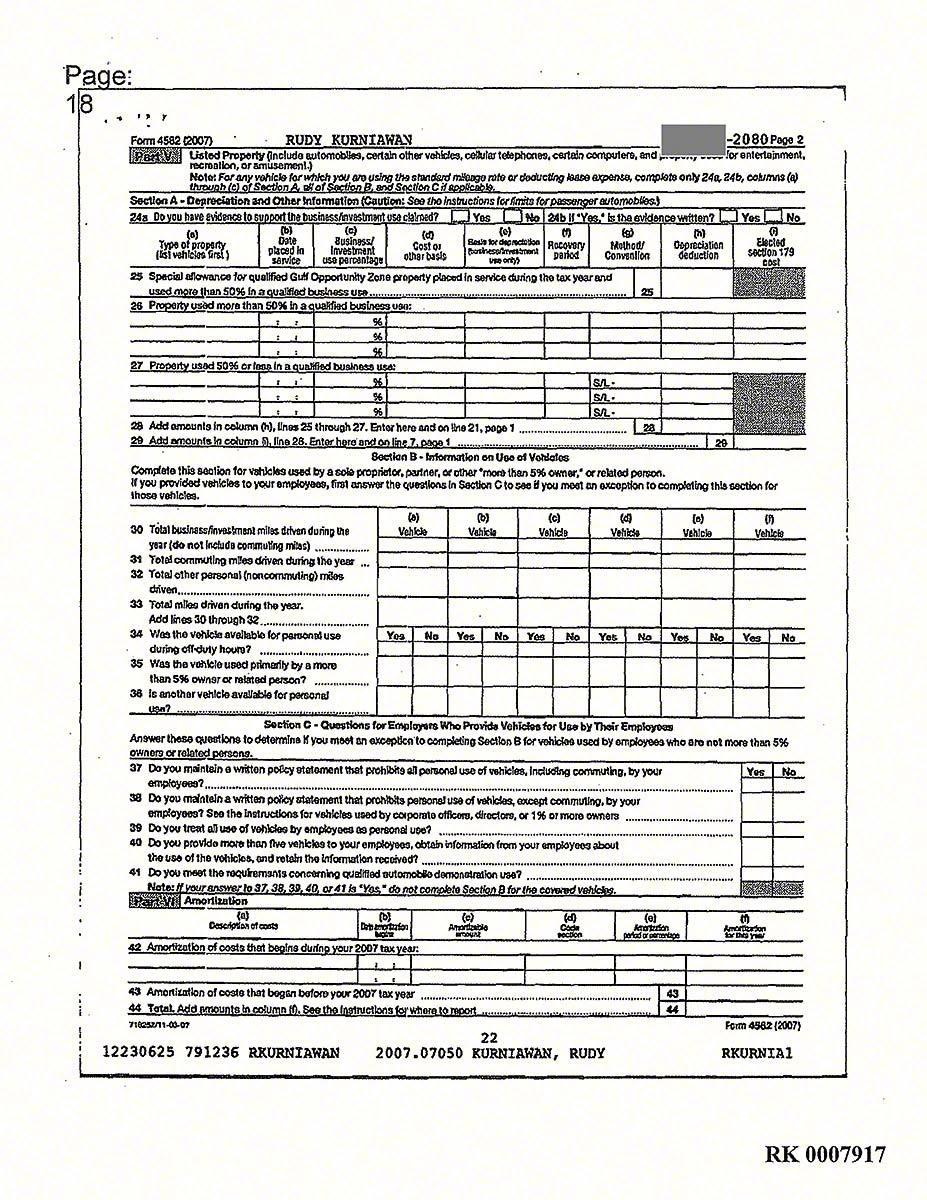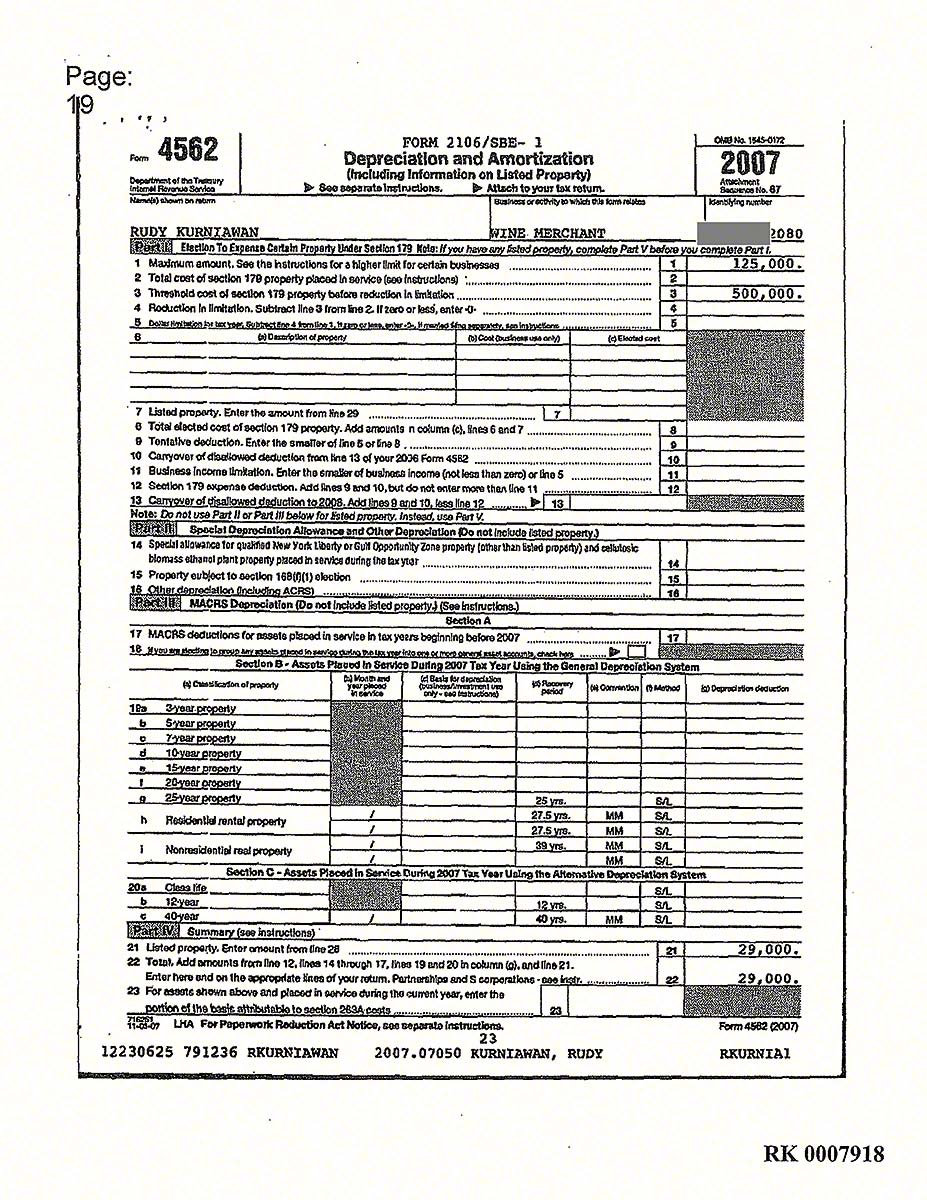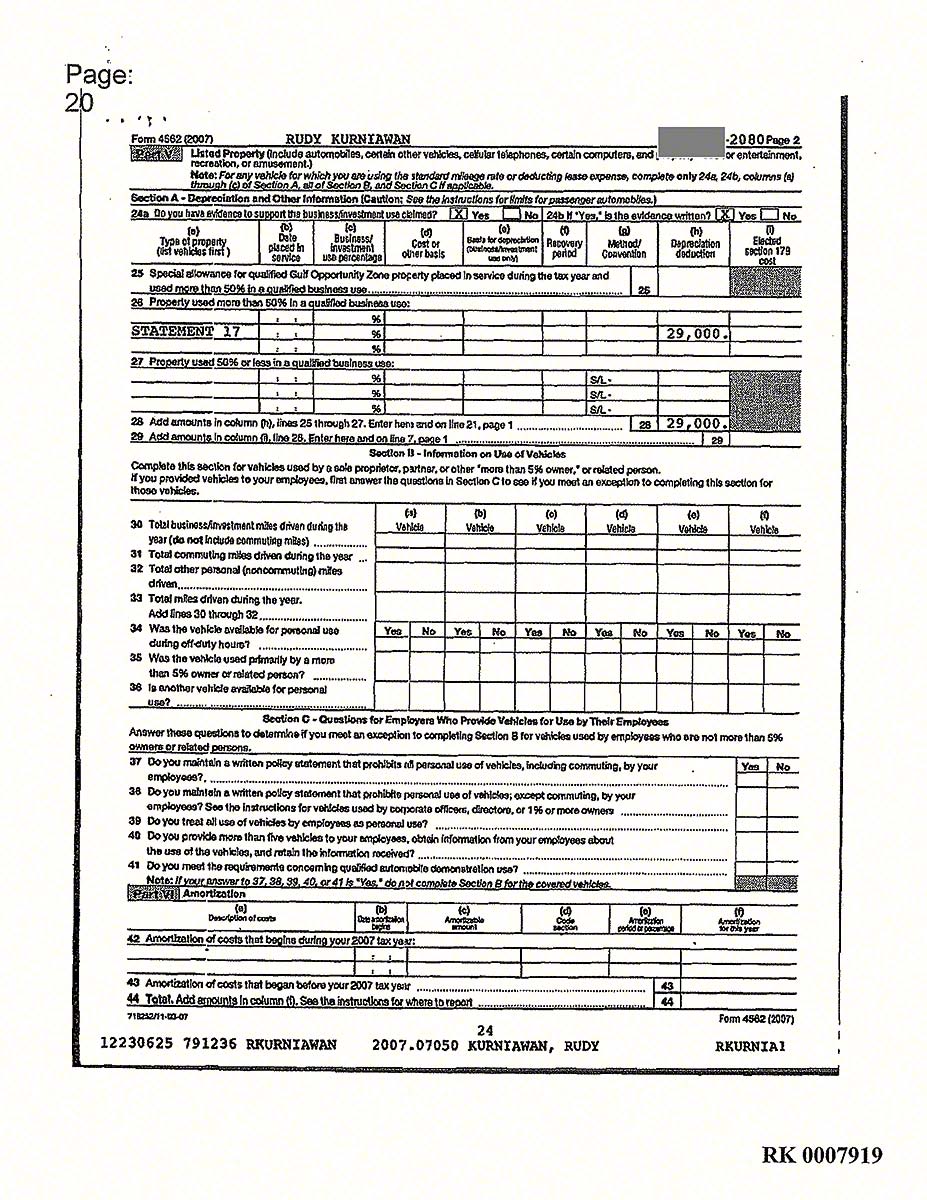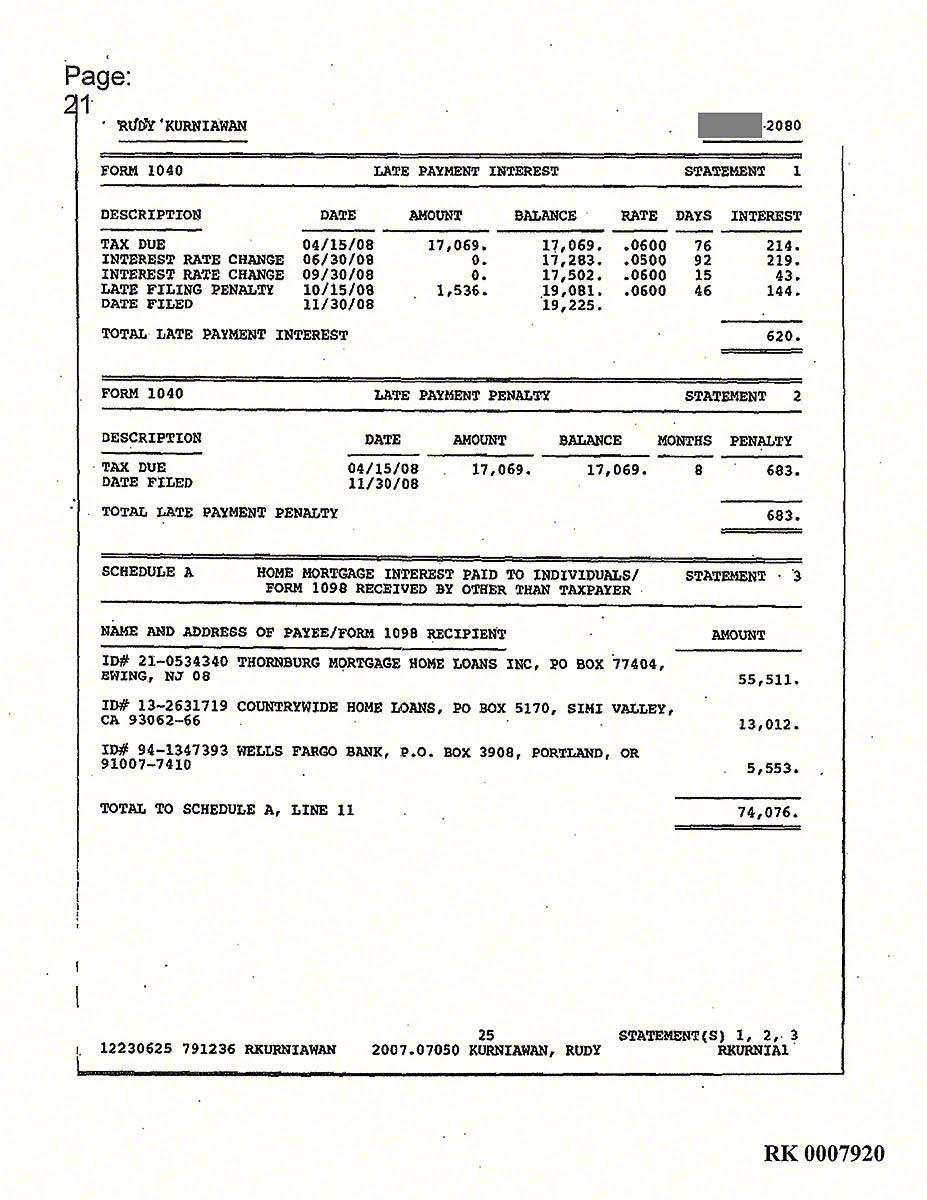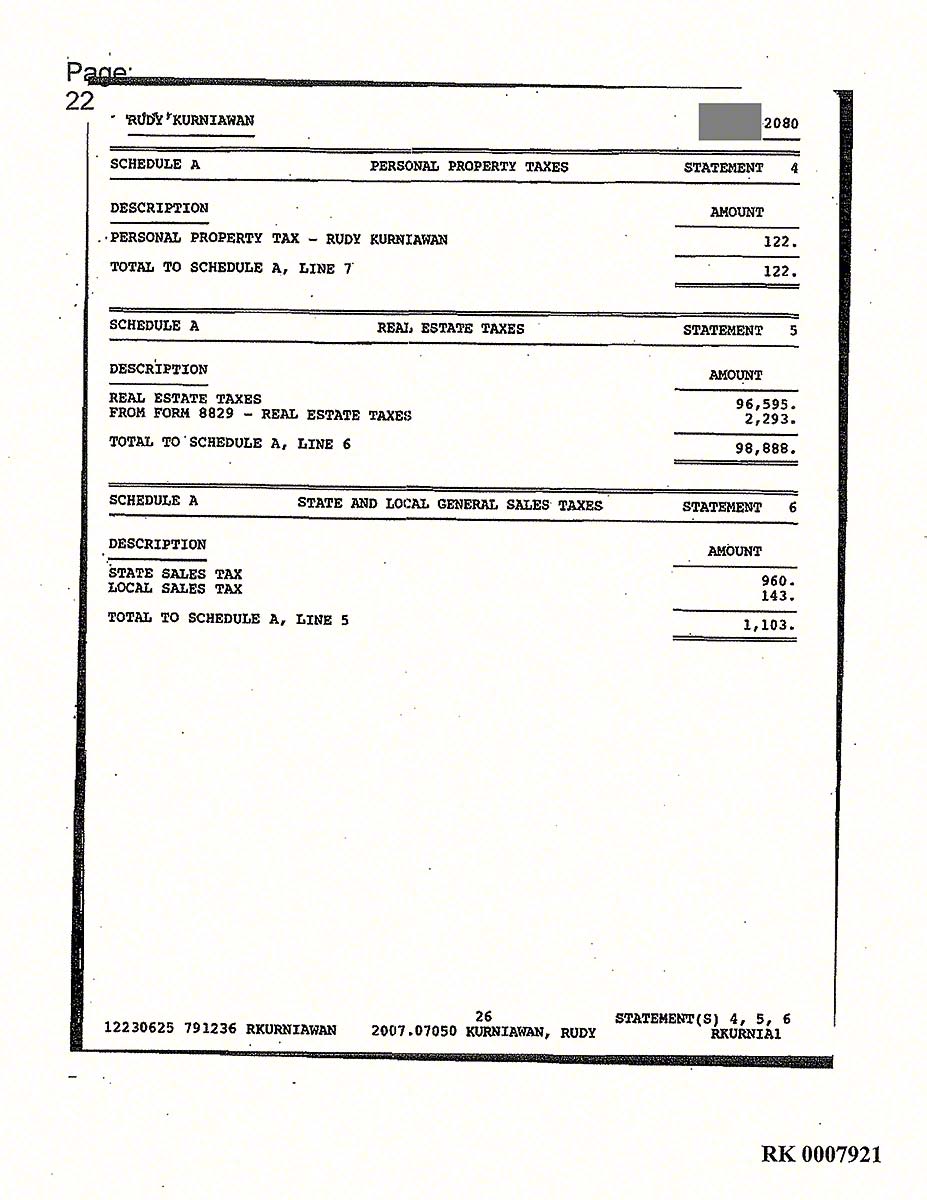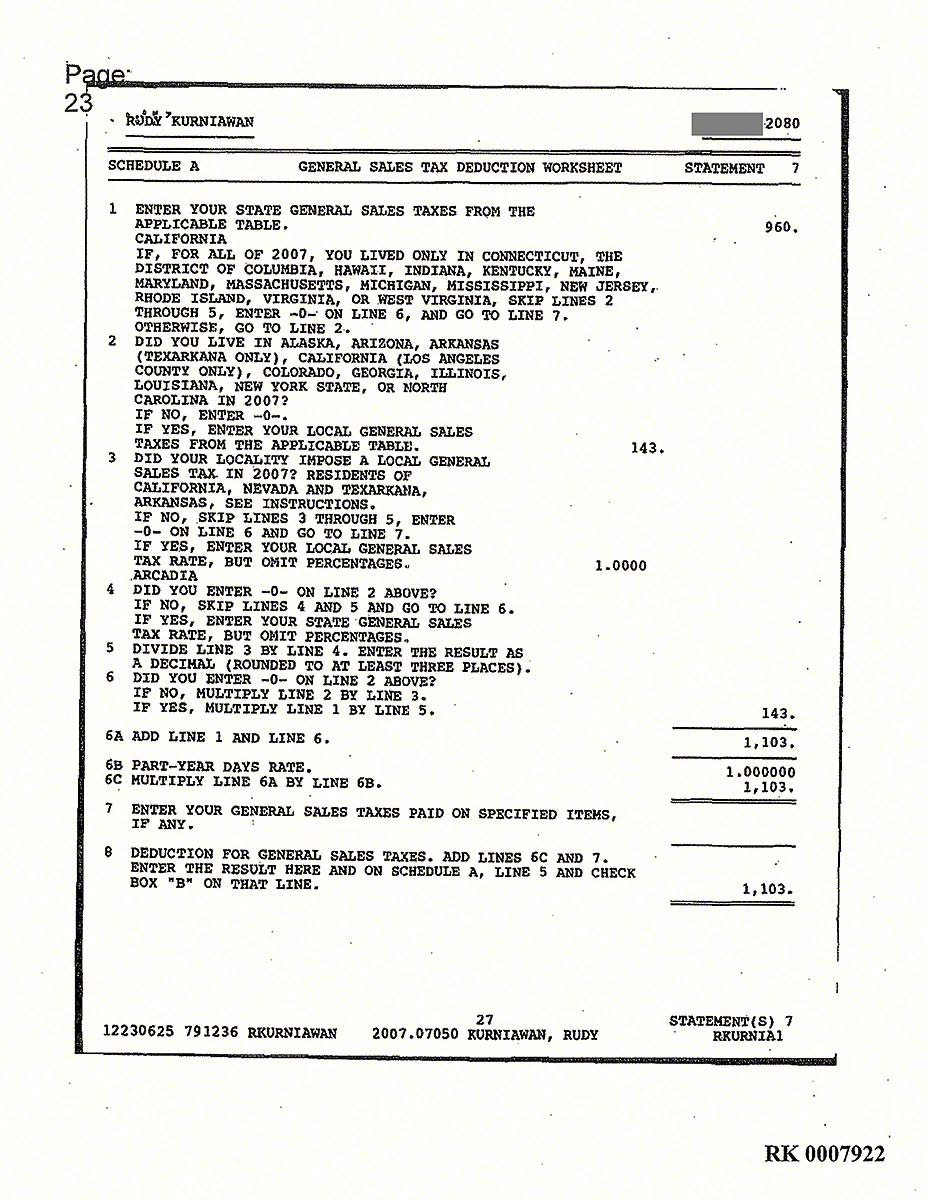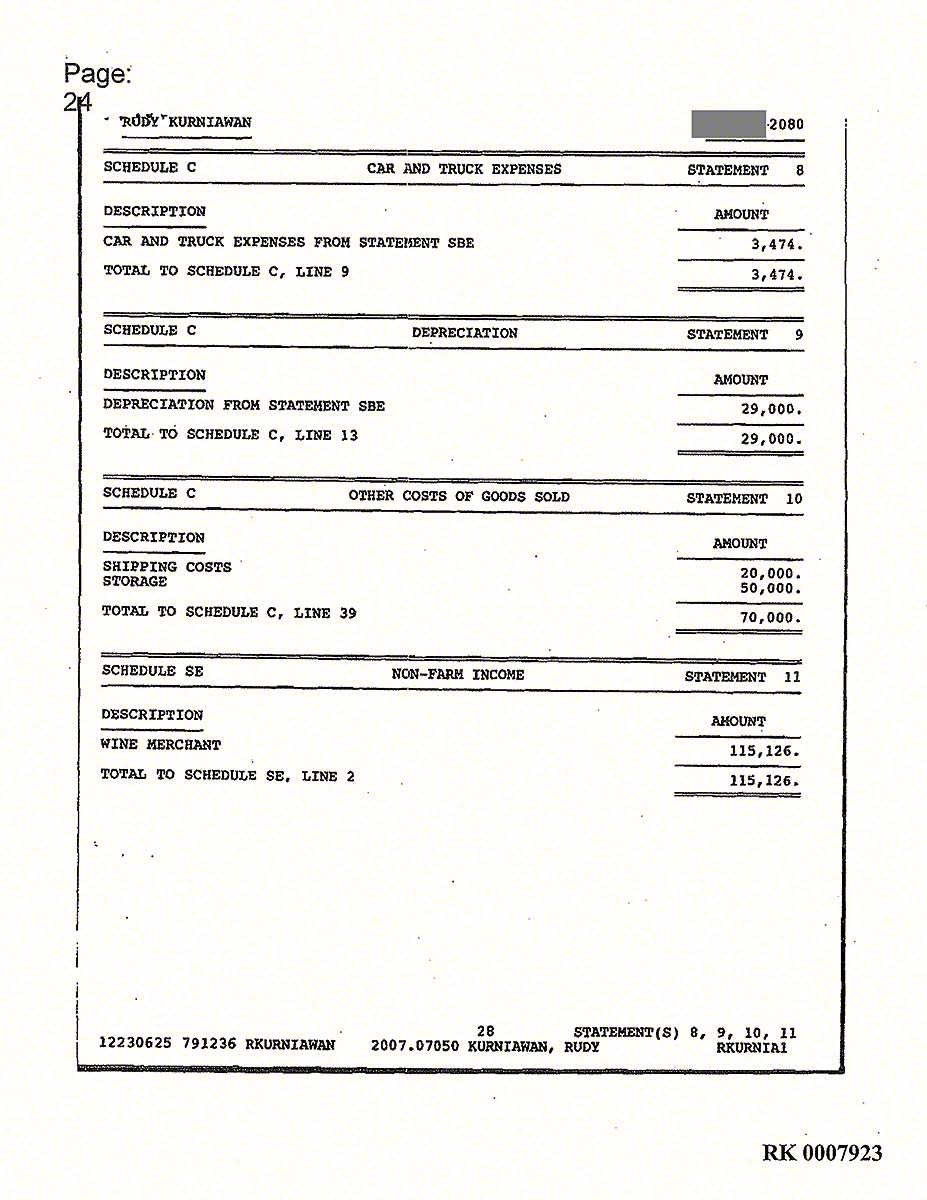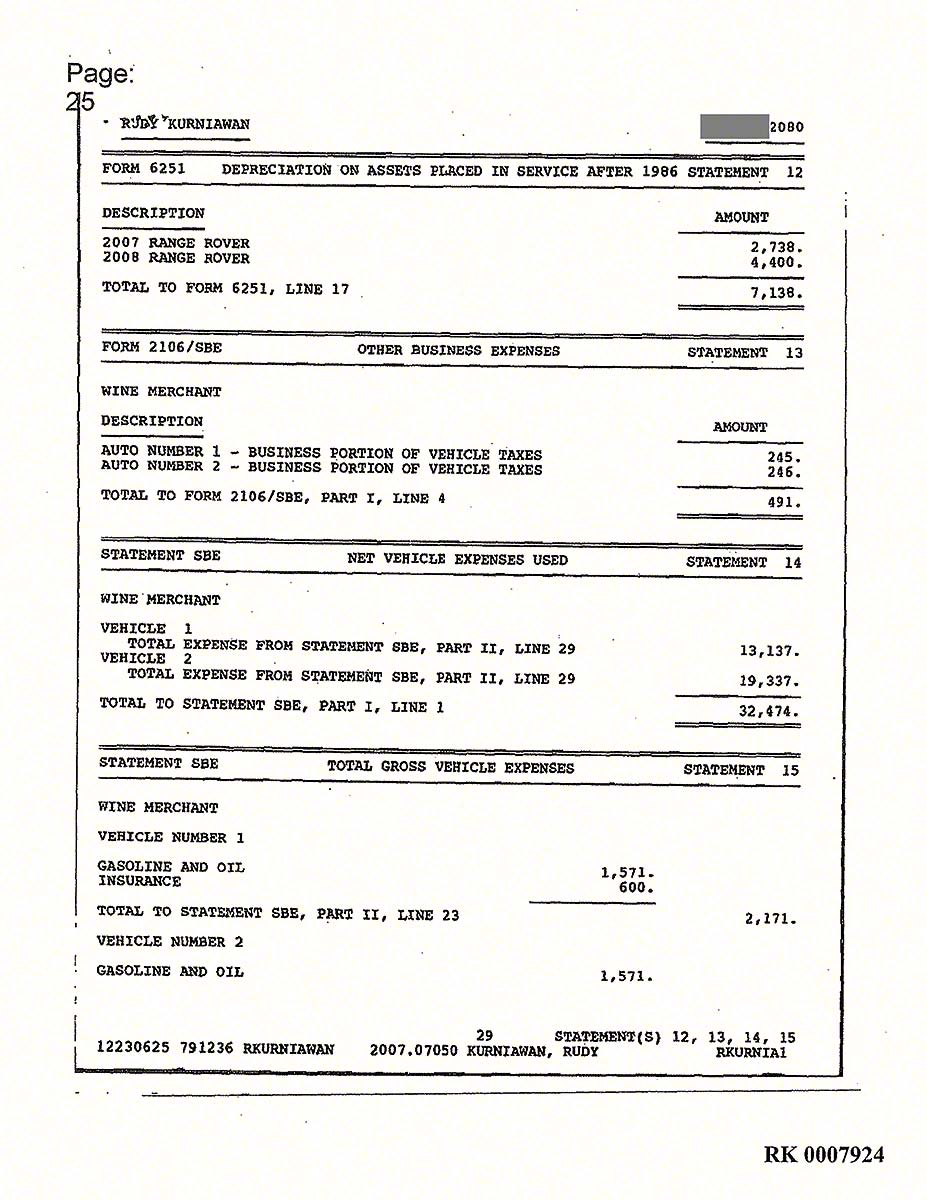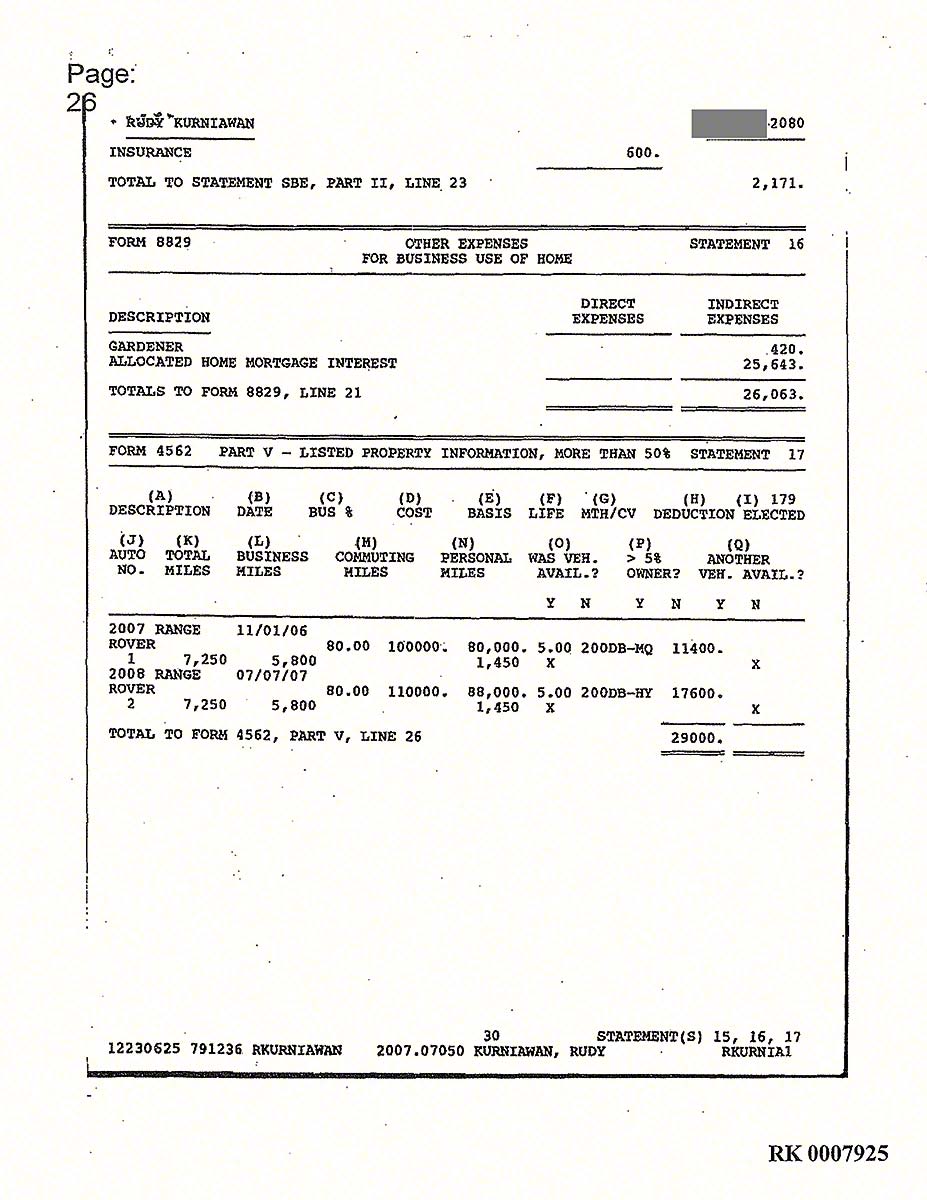The Trial: Part 11
Rudy Kurniawan’s Trial
A Multi-Part Feature on the trial of Rudy Kurniawan, including the transcripts, testimony and evidence that put the largest wine counterfeiter of our time behind bars.
Day 6: Monday 16th December
The day opened with a discussion of the Government’s motion to preclude the defence from producing a handwriting expert at the last minute. The defence response to this had been to submit his brief on appeal against deportation. Joseph Facciponti said that he thought that both defence and the government could agree that information that Rudy was afraid that if he were deported to Indonesia, he would be decapitated by Al Quaeda had no place in the trial, and could only invite a mistrial. Facciponti argued that what he thought defence counsel wanted to do is put into record evidence that there is more than one address that ICE had on file, and the final order of deportation denying his appeal was sent to the wrong address. Judge Berman said that he thought the information that the defence wanted to get across could come out in cross-examination, and that he did not think it was appropriate to introduce the brief on appeal for several reasons, including relevance, hearsay and prejudice. He also wanted to see the certificate of service, to know if it was ever timely filed.
The jury was then welcomed back in, and the first witness of the day sworn in.
Witness: SA James Grathwohl, HSI
Facciponti began the day by questioning Special Agent James Grathwohl, of Homeland Security Investigation (HSI), a job he has held for approximately 10 years. His role is to investigate violations of the immigration and custom laws as they pertain to homeland security of the US. HSI was previously known as Immigrations and Customs Enforcement (ICE). He is currently assigned to the El Dorado task force, which investigates financial crimes like money laundering. Before joining HSI, Grathwohl was a special agent for the Immigration and Naturalisation Service, the agency that enforces immigration laws and administers immigration benefits. In total, he has worked for 21 years for immigration agencies.
Grathwohl explained various terminology with respect to immigration, starting with the “alien file”, also known as an “A file”, which is the paper repository for all information on a particular alien. It includes any benefits that an alien applies for, anything relating to any arrests, or court proceedings involving an alien. An “A number” is a unique number used to identify a particular alien. He also explained the “green card”, the common term for the lawful permanent resident card, indicating that the person bearing it is allowed to live and work in the US permanently. To get one of these, you need to apply; you are not a permanent resident applying for a green card. Voluntary departure is an active discretion by an immigration judge that allows an alien who has been ordered deported to leave on their own by a certain date, as opposed to being deported by the government. Someone who did not leave by that date would be subject to an order of removal, and subject of removal from the US. Grathwohl confirmed that it is possible for someone who is not a permanent resident to have a Social Security number, through a work visa or student visa, that allows someone to work in the US even though they are not a resident.
Grathwohl confirmed that before testifying, he had reviewed Rudy Kurniawan’s A file, and in doing so learned that Kurniawan was an Indonesian citizen under an order of removal and subject to removal. He first came to the US on a student visa in the mid-90s. He applied for asylum in 2000, and the application was referred to an immigration judge for a decision. The immigration judge denied his application for asylum, and granted him voluntary departure until May 2001. Kurniawan was present in court that day, and given a copy of the order. He then appealed the order to the Board of Immigration Appeals. The appeal was denied in 2003. He was again granted voluntary departure, and would have been subject to removal on failure to depart by 26th April 2003. There was nothing to indicate that Kurniawan attended further appeals, nor that he applied for permanent residency, nor that he ever was a permanent resident.
SA James Grathwohl, cross-examination
Jerome Mooney began the cross-examination of the witness. Under questioning, Grathwohl confirmed that when Kurniawan filed the appeal of the immigration judge’s decision, that stayed the removal at that point, pending resolution of the appeal. Mooney moved to enter a notice from the Department of Justice setting out the briefing schedule for the appeal, but the Government objected to its acceptance as an exhibit, and the objection was sustained. Grathwohl did confirm that the address it showed for Kurniawan was 9638 East Naomi Avenue, Arcadia, California, 91007, and the date of the notice was 27 February 2002. Kurniawan was due to file his brief on 1 April 2002 (appropriate day!). The document was dated 25th March 2002, but the judge noted that it was not possible to tell from it when it was filed. Grathwohl confirmed that the Government’s opposition to Kurniawan’s appeal was sent to the same Arcadia address.
Mooney then produced another document from the immigration file, in which Rudy was advising the appellate board of an amnesty application by his mother, and the order granting her asylum application, and to a document prepared and filed by Charles Stephens, an immigration consultant.
Mooney then referred to the order denying Kurniawan’s appeal, dated 25 March 2003, under which he was still offered voluntary departure. However, this document was addressed to 1263 Huntingdon Drive, South Pasadena, California. In other words, the briefing schedule and the response by the government were sent to an address in Arcadia California, in early 2002, but a year later, the decision is mailed to an address in Pasadena. There was no evidence that any copy was mailed to Arcadia, nor to Stephens, the immigration consultant. No follow up is made, nothing is later sent out. No order of removal was made. There is nothing in the file other than the single mailing to the Pasadena address that shows that Rudy was made aware of the denial of his appeal, even though there is evidence to show the government knew he was living in Arcadia, not Pasadena. Grathwohl also confirmed that he was not aware that Kurniawan had filed tax returns in the US from 2003 and every year thereafter. After Kurniawan was arrested in 2012, HSI met with him, and he filled out forms saying he wanted a hearing; that hearing has not yet been granted.
SA James Grathwohl, re-direct
Joseph Facciponti redirected Grathwohl. He referred first to Kurniawan’s mother being granted asylum, and Grathwohl agreed that asylum applications are evaluated on a case by case basis, and that the success of his mother’s application would not necessarily impact Kurniawan.
Grathwohl confirmed that Kurniawan had provided the Pasadena address in his original asylum application. He testified that one needs to have asylum for three years before applying for permanent residency, and an application for asylum is not the same as an application for permanent residency.
Facciponti then asked what an immigration consultant does, which Grathwohl explained. Facciponti then asked if it would be normal for a consultant to follow up on the status of an appeal, and Grathwohl agreed that it would be normal, and is quite easy to do, either online or via a toll-free number. However, there is no evidence to suggest that Stephens did follow up.
Rudy’s Income Tax
The Government then submitted a stipulation agreeing that exhibit 43-1 was an accurate record of the Internal Revenue Service. This exhibit was Rudy Kurniawan’s tax return for the 2007 tax year, in which he listed his principal business as “wine merchant”. Total expenses before business use of home were $502,534, and business expenses for use of his home were $12,340.
Click Here for part 12.
